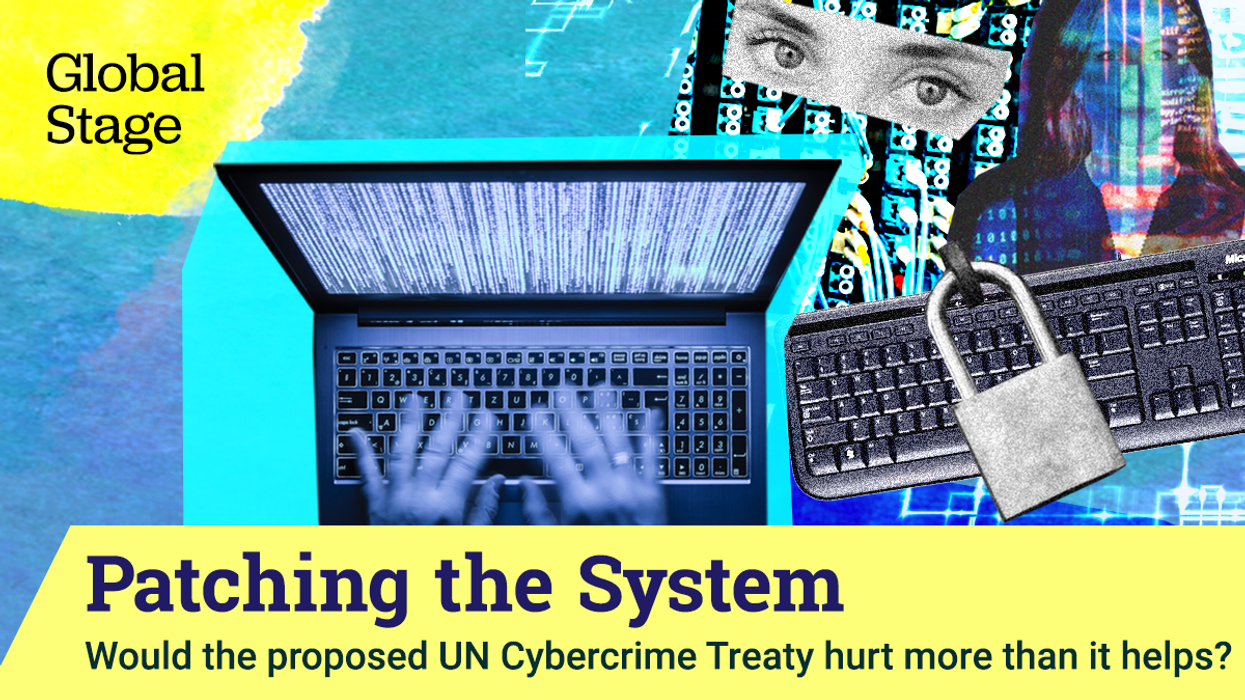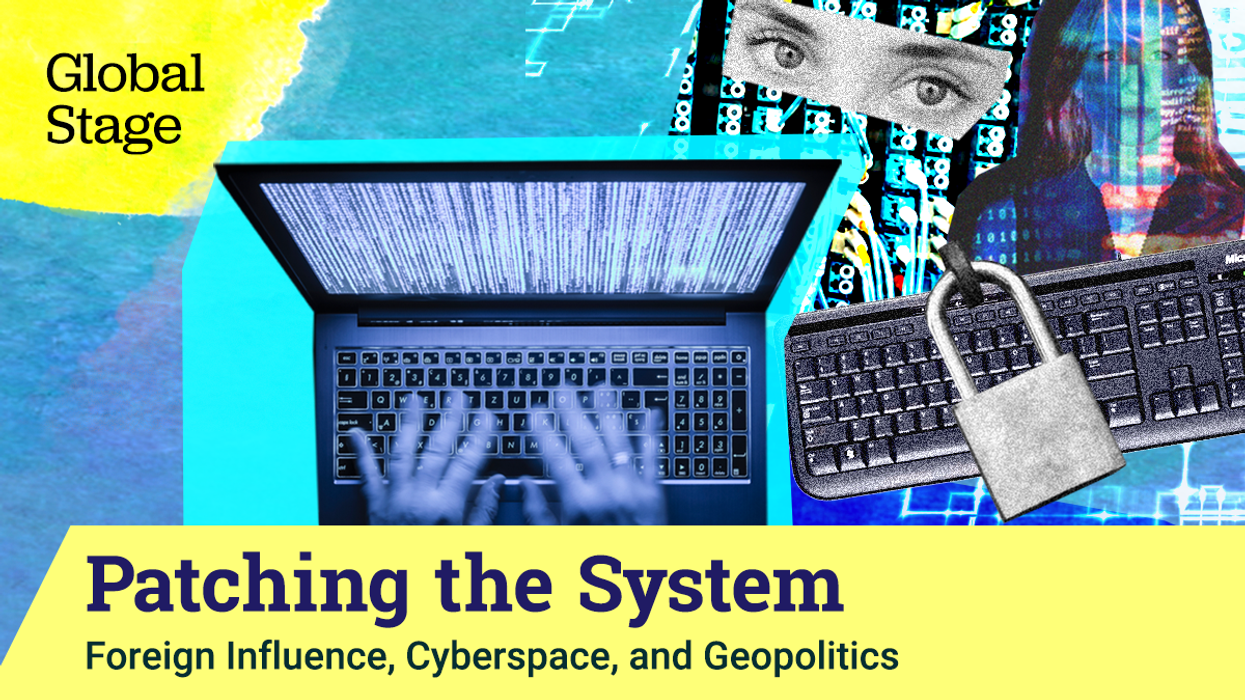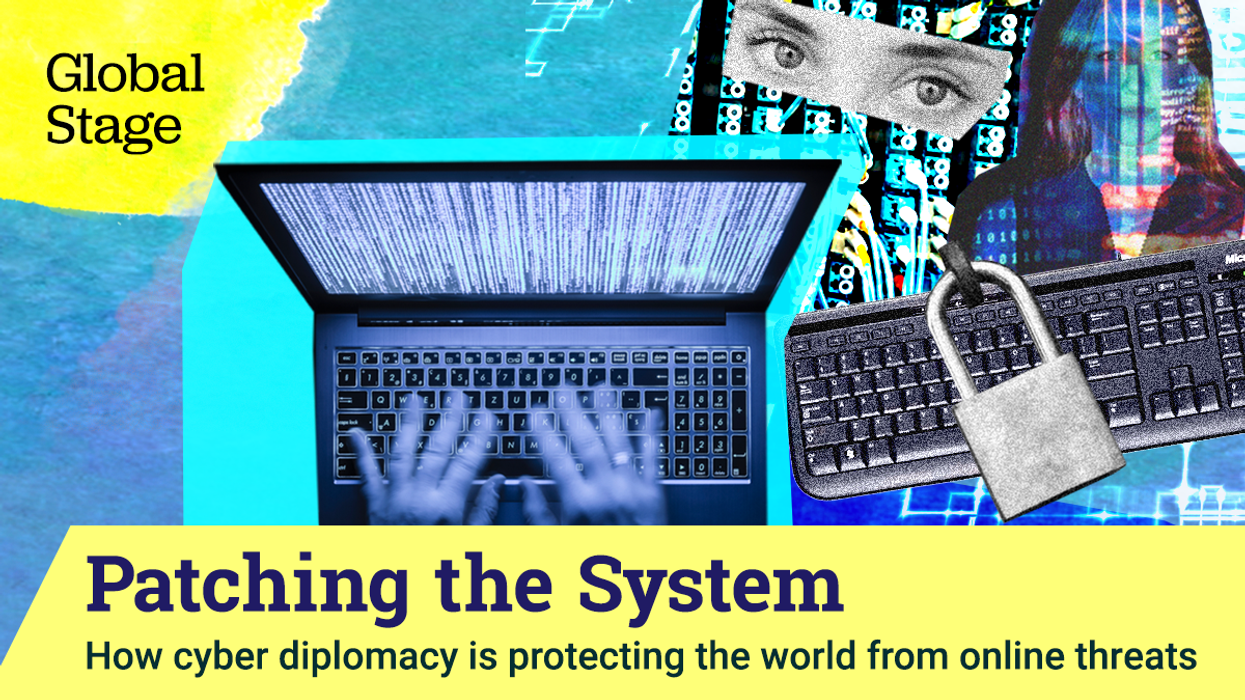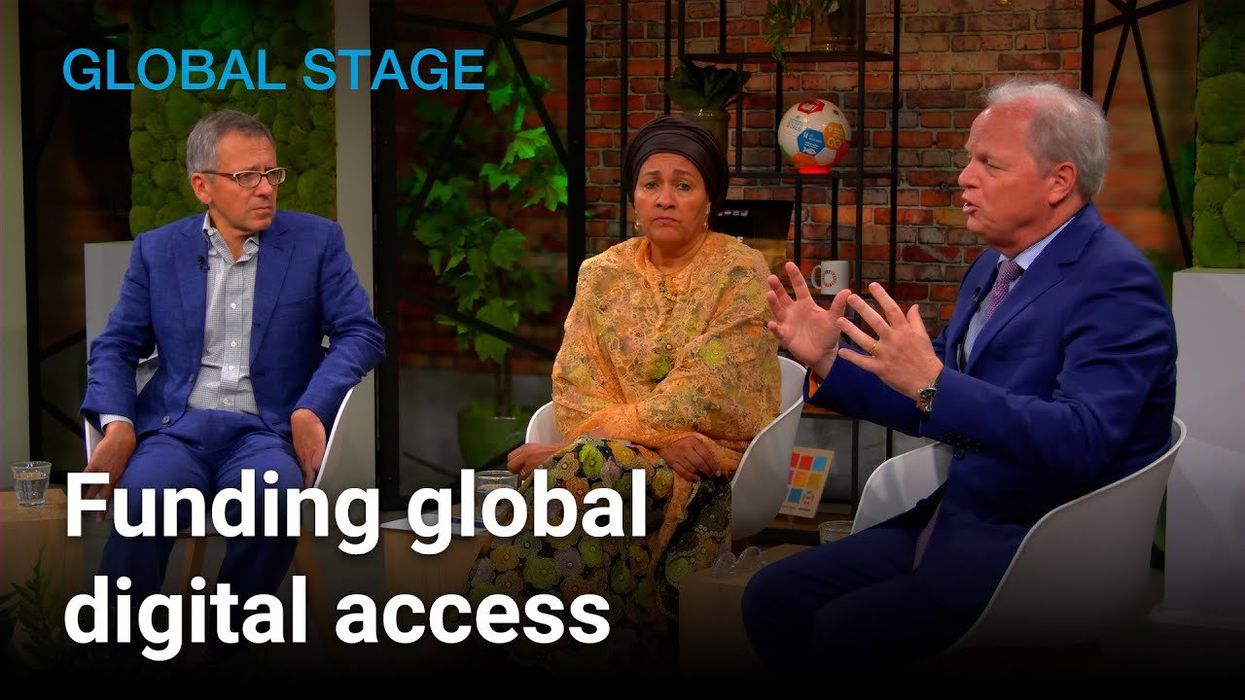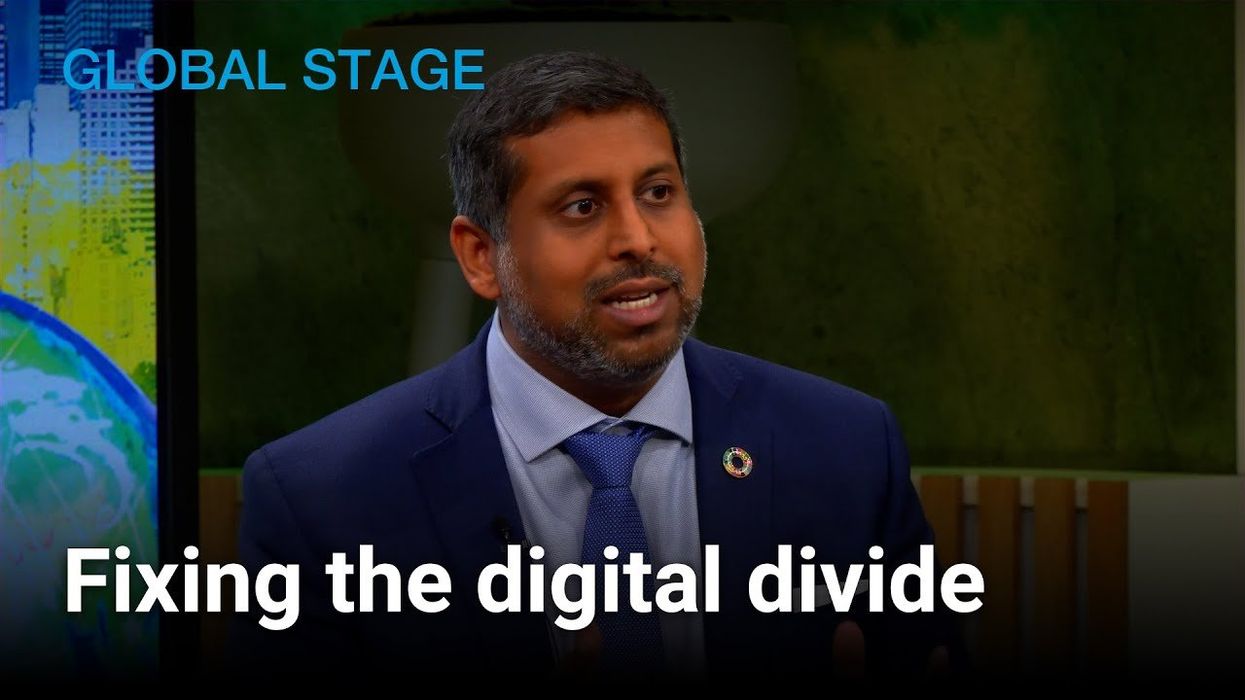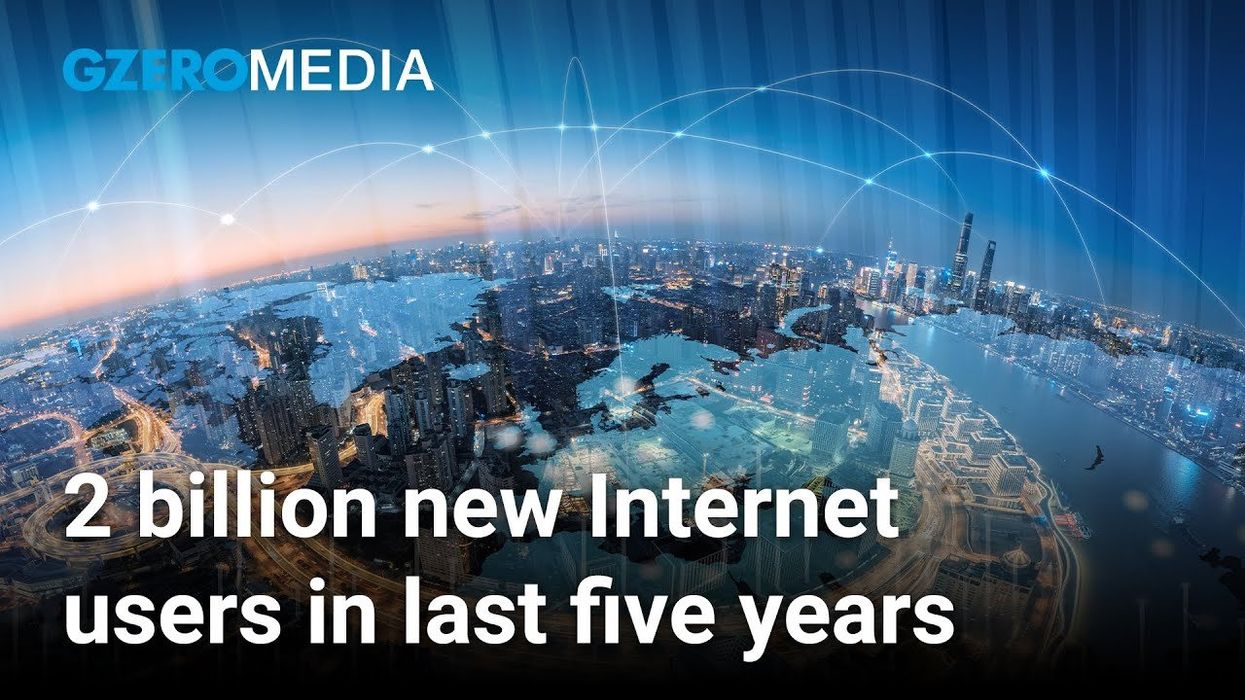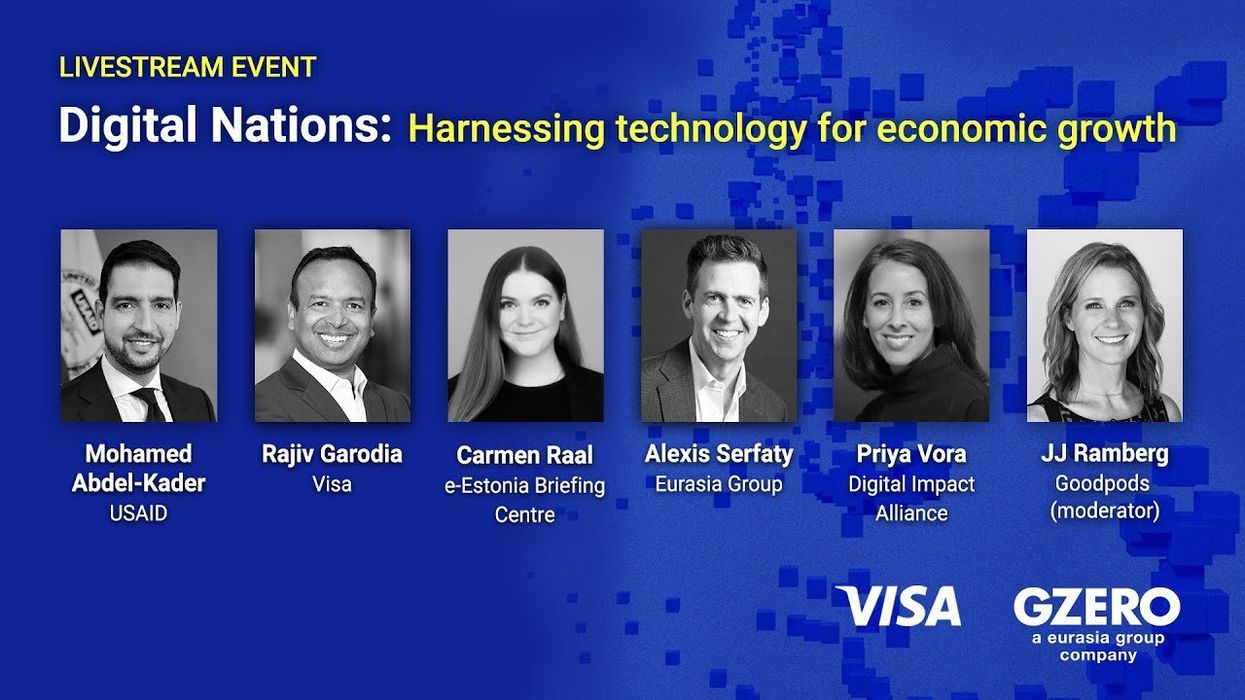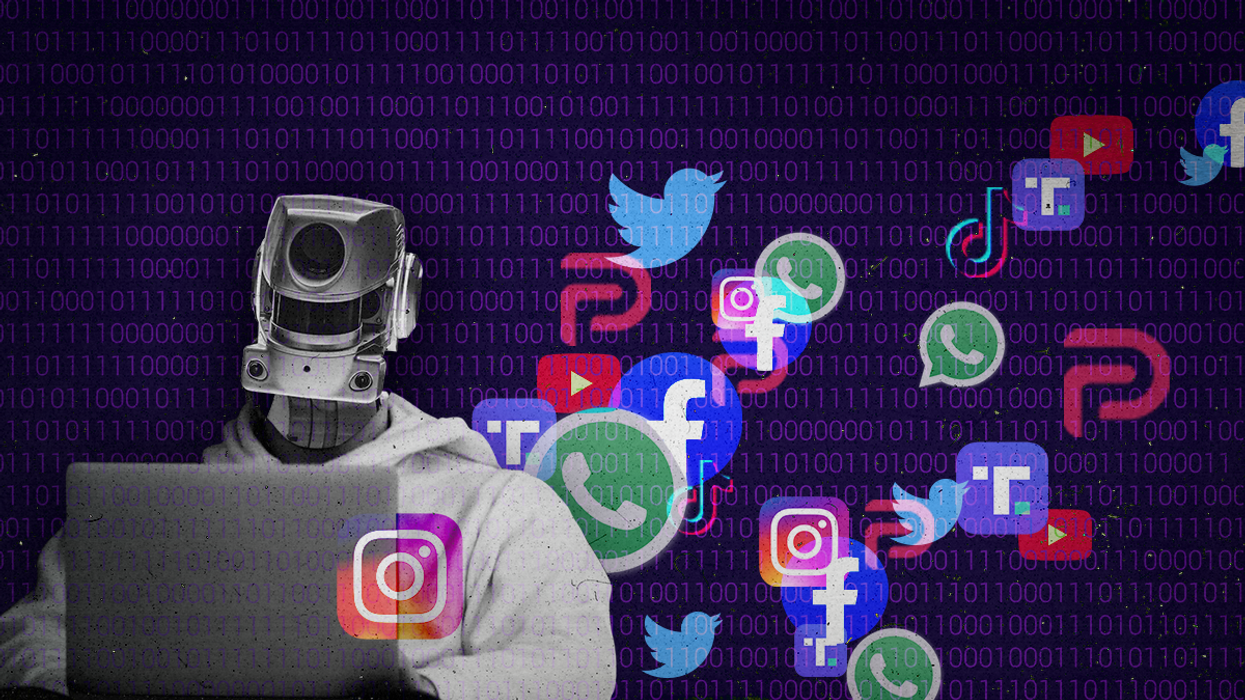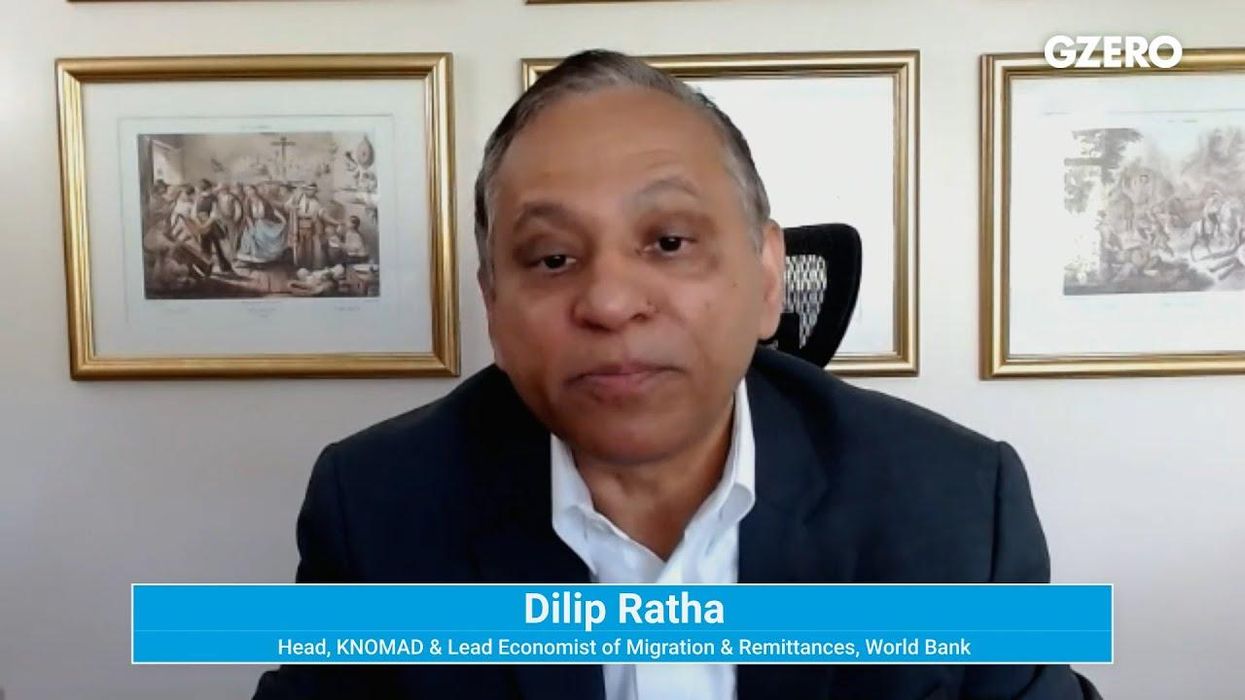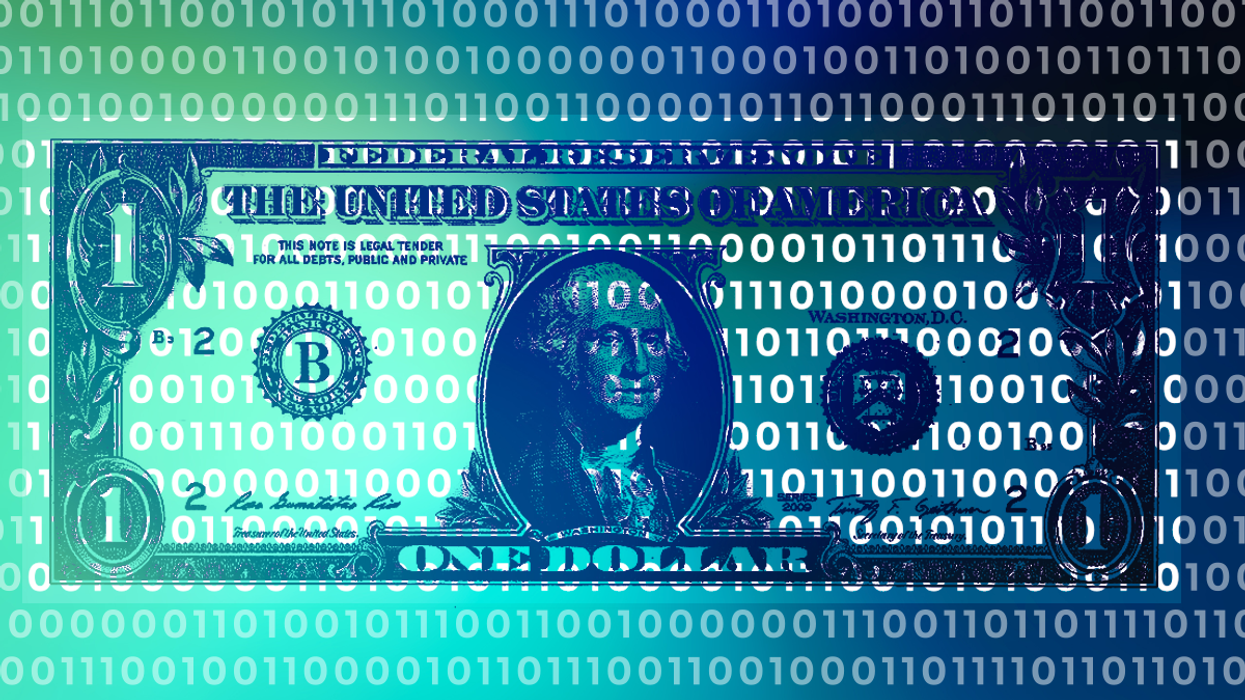Patching the System
Podcast: Would the proposed UN Cybercrime Treaty hurt more than it helps?
As the world of cybercrime continues to expand, it is only ideal that more international legal standards should follow. But while many governments around the globe see a need for a cybercrime treaty to set a standard, a current proposal on the table at the United Nations is raising concerns among private companies and nonprofit organizations alike.
Nov 14, 2023
